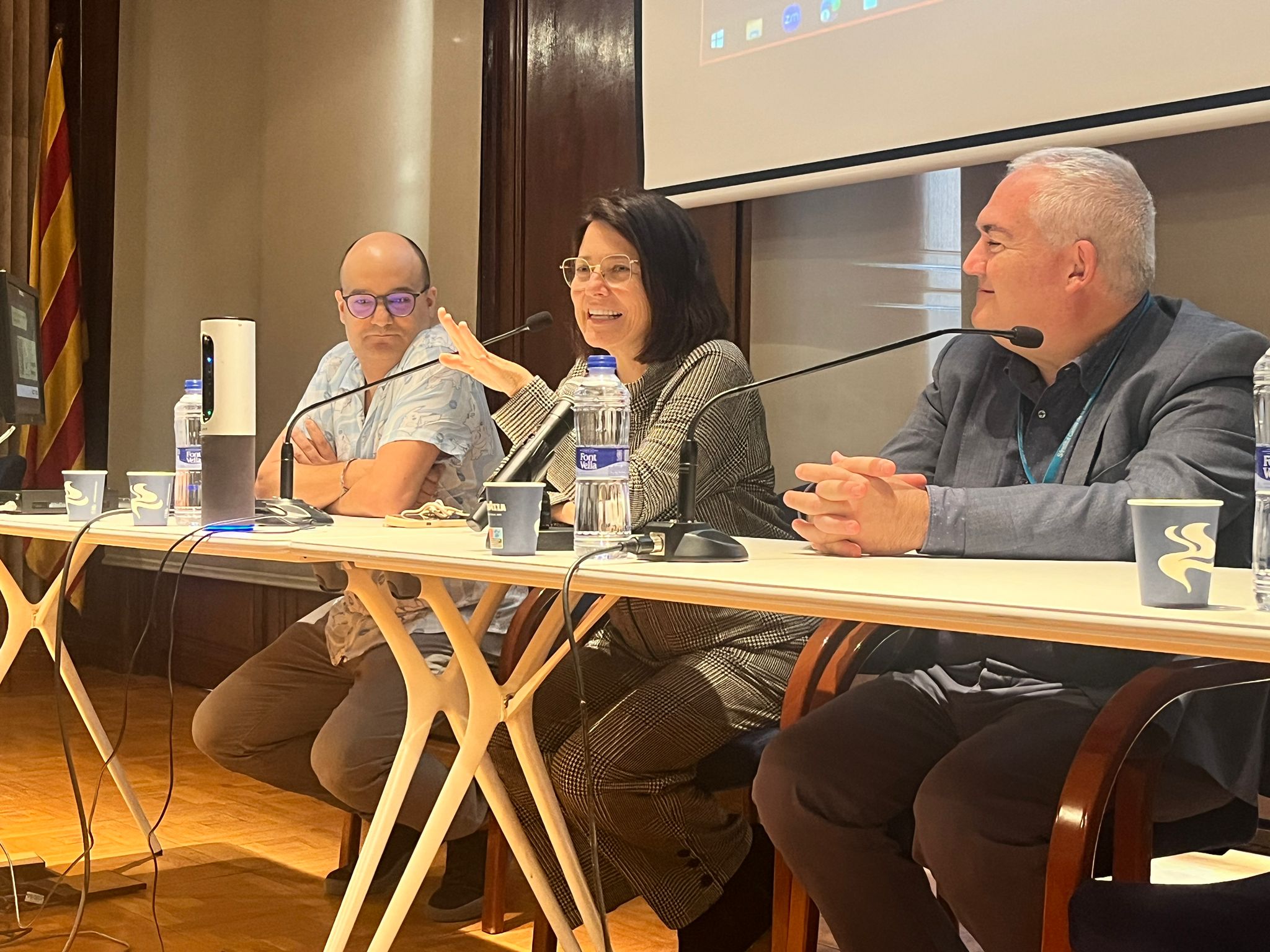
Primary care is the heart of the healthcare system, but it currently faces several challenges: a shortage of professionals, an ageing population, and ongoing social and technological changes that demand a rethinking of our healthcare model. The Corporate Headquarters of the Catalan Health Institute (ICS) hosted two conferences on October 16 and 17 that explored these issues from different perspectives, as part of the European FLASH project, led by IDIAPJGol and ICS researchers Josep Vidal and Ermengol Coma. This initiative examines healthcare financing mechanisms across Europe with the goal of identifying more efficient, effective, and equitable solutions for integrated health systems.
Data to Improve Clinical Practice
The first conference, held on October 16, was organized by ICS and IDIAPJGol. Entitled “Data, Policies, and Reform: The New Direction of Primary Care,” the event focused on how data can be used to improve clinical practice and healthcare management in Catalonia.
During the morning session, participants presented the first results of the European FLASH project, which analyzed the impact of financial incentives and information on quality-of-care indicators. IDIAPJGol researcher Roger Esteban Fabró explained how these measures perform both under normal conditions and in response to crises such as the COVID-19 pandemic. The conference also featured representatives from the Spanish Ministry of Health and the regional governments of Madrid, Andalusia, and Catalonia, who shared best practices and areas for improvement in data use.
In the afternoon, the Health Innovation and System Reform Project (CAIROS) of the Catalan Department of Health was presented, along with discussions on the importance of standardization through common data models such as OMOP. The day concluded with a roundtable discussion featuring representatives from SemFYC, CAMFiC, and the Department of Health, who debated current challenges, opportunities, and future perspectives for primary care in Catalonia.
An International Perspective
On October 17, the Workshop on Economics and Primary Care expanded the discussion to an international level. Organized by ICS, IDIAPJGol, and several European universities — including Oxford, Manchester, Brunel, and Gothenburg — the workshop brought together researchers and professionals from multiple countries to share studies and experiences on how health economics can strengthen primary care.
Presentations explored topics such as how financial incentives affect quality of care, how machine learning models can predict avoidable hospitalizations, and how pay-for-performance schemes influence professional behavior. Other subjects included digital teleconsultations, mental health, patient frailty, violence against healthcare professionals, and the implementation of AI-based solutions in public procurement.
One of the highlights was the keynote address by Gustav Kjellsson, Director of the Centre for Health Governance at the University of Gothenburg, who presented the Swedish model of primary care. Kjellsson emphasized that healthcare systems must strike a balance between efficiency and equity — and learn from successful international experiences.
Looking Ahead
The two conferences demonstrated that combining research, data, and health economics is essential to strengthening primary care. While the October 16 conference focused on Catalonia’s experiences and needs, the international workshop on October 17 broadened the perspective toward global solutions and European collaboration.